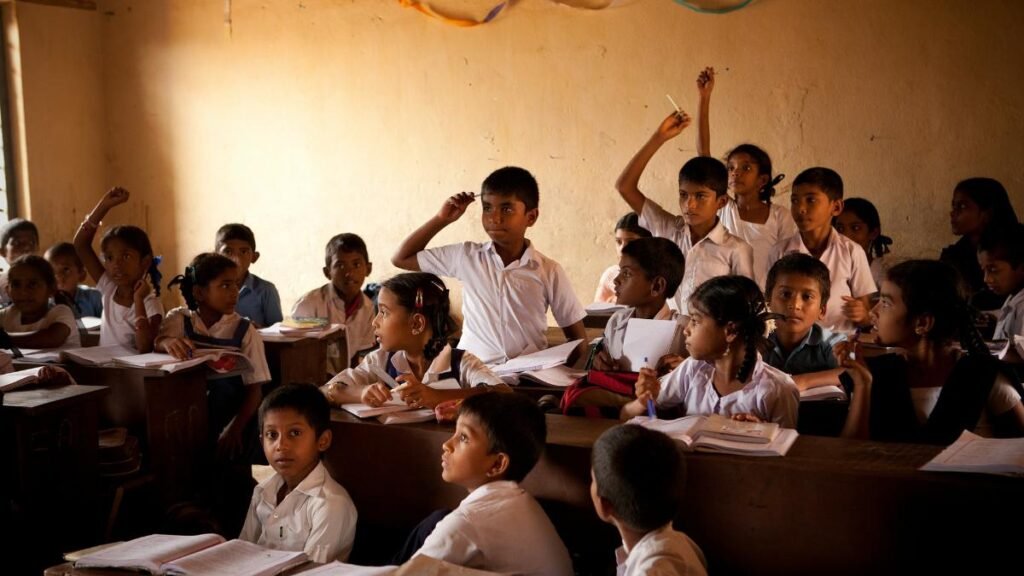In a move that could change the academic futures of thousands of children in Delhi, the state government has finally decided to grant recognition to private unaided schools operating in non-conforming areas. The decision, which aims to address a decade-old bureaucratic tangle, is set to create nearly 20,000 additional seats for children from economically weaker sections, disadvantaged communities, and students with special needs.

For many of these schools, this decision brings relief after years of uncertainty. Hundreds have continued functioning without recognition due to rigid procedures and what officials call the “discriminatory approach” of previous governments. As a result, thousands of children who could have accessed education in these schools were left waiting, year after year.
Delhi Education Minister Ashish Sood called the decision a long overdue step towards fairness and equal opportunity. “For more than ten years, children were denied their right to education because files simply did not move. Under the leadership of Chief Minister Rekha Gupta, we have ended selective discrimination. This is not just administrative reform- this is justice for our children and our institutions,” he said.
Why This Move Matters
Every year, close to 2 lakh applications come in for admissions under the EWS, Disadvantaged Group (DG), and Children With Special Needs (CWSN) categories. Yet, only about 40,000 seats are available, and even many of those remain vacant due to a shortage of recognised schools.
By giving recognition to nearly 500 private schools expected to come under the Directorate of Education (DoE), the government hopes to expand access and ensure that no child is denied education because a school’s paperwork was stuck.
The recognition also means these schools will now come under greater government oversight, including rules related to infrastructure, staff qualifications, student safety, fee structures and academic standards ensuring a safer and more regulated environment for students.
Transparent, Rule-Based Process
This recognition window is being offered as a one-time public-interest opportunity. The DoE has stressed that the entire process will follow the Delhi School Education Act and Rules (DSEAR), 1973, the Right to Education (RTE) Act, 2009, and all relevant circulars.
Schools must apply through the DoE’s online portal between November 1 and November 30, 2025, submitting documents based on a 73-point checklist covering legal compliance, infrastructure, safety, emergency readiness, and academic parameters. Recognition will only be granted after detailed on-ground inspections.
Schools whose previous recognition has expired must also reapply immediately. Those that fail to comply will face penalties under Section 18 of the RTE Act, including fines starting from ₹1 lakh plus ₹10,000 per day of violation, and possible administrative action.
Ensuring Students Don’t Suffer
The government emphasised that this transition will not disrupt students’ education. Parents have been advised to enrol their children only in DoE-recognised schools, ensuring certificate validity and eligibility for government benefits. The DoE assured families that continuity of learning remains the top priority.
Schools seeking reimbursement for EWS/DG/CWSN admissions must also hold valid recognition at the time of applying, ensuring accountability and financial clarity.
A Step Toward Inclusive Governance
Calling the announcement a “landmark decision”, Minister Sood said it reinforces Delhi’s commitment to a fair, transparent and inclusive education system. This reform, he added, not only legitimises schools but also opens doors for thousands of children who deserve access to quality education.
After years of files gathering dust and students paying the price, the decision signals a shift, from selective approvals to a system that promises opportunity, oversight and hope.
https://thenewstudent.com/indian-students-georgia-medical-education/